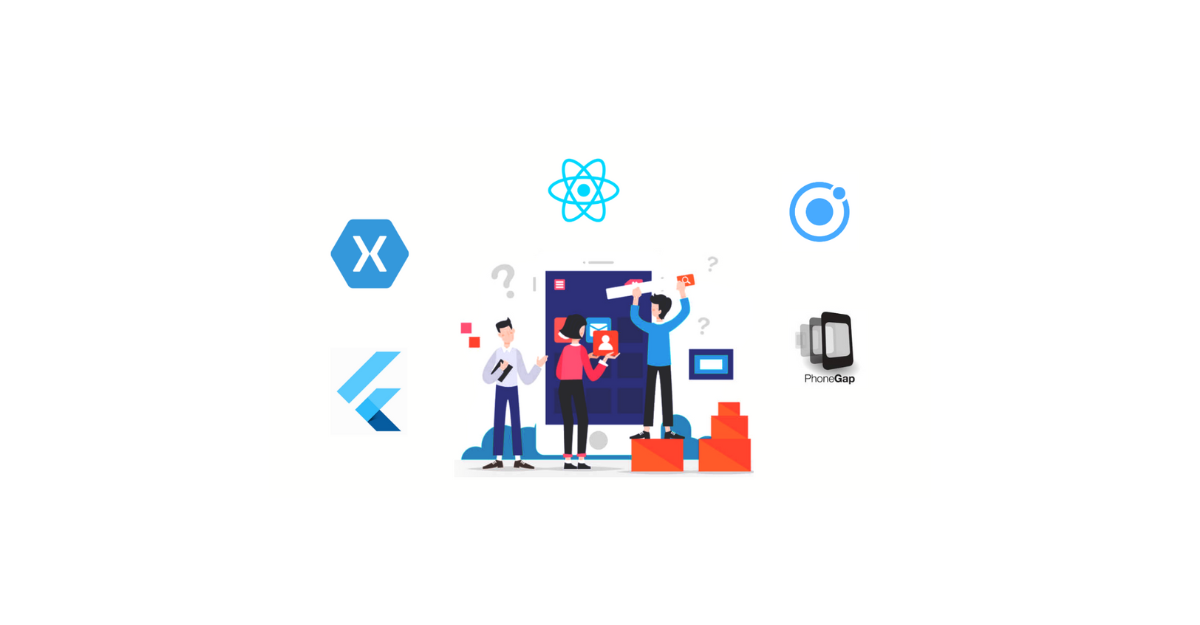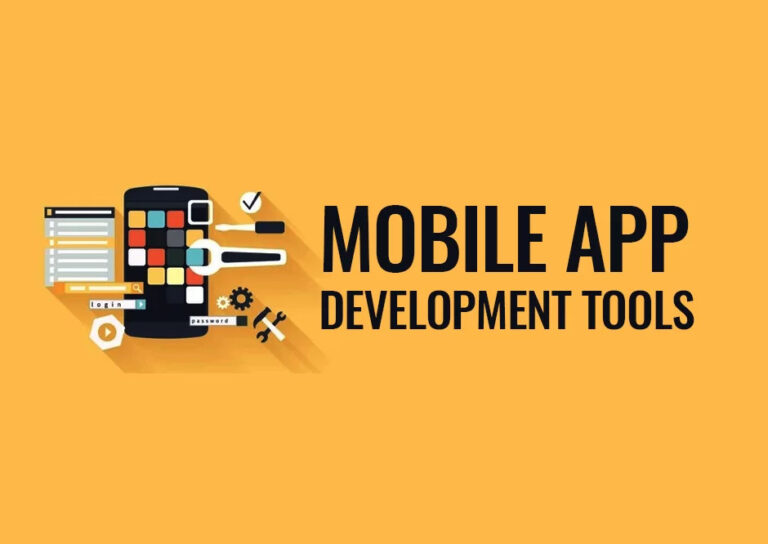Top 5 Mobile App Development Frameworks for Beginners
Top 5 Mobile App Development Frameworks for Beginners
If you are a beginner in mobile app development, choosing the right framework can be overwhelming with so many options available in the market. A mobile app development framework helps simplify the development process by providing a set of tools, libraries, and guidelines that streamline the creation of mobile applications. Here, we have compiled a list of the top five mobile app development frameworks for beginners to help you get started on your app development journey.
1. Flutter :
Flutter, developed by Google, has gained significant popularity in recent years due to its ease of use and cross-platform capabilities. It uses a single codebase to develop applications for both iOS and Android platforms, saving developers time and effort. Flutter uses the Dart programming language, which is simple to learn for beginners. The framework offers a rich set of pre-built widgets and UI components, making it easier to create visually appealing user interfaces. It also provides hot-reload functionality, allowing developers to see the changes immediately without restarting the application. With Flutter, you can build beautiful and high-performance mobile applications quickly.
2. React Native :
React Native, developed by Facebook, is another popular framework among mobile app developers. It leverages JavaScript and React, a JavaScript library for building user interfaces, to create cross-platform applications. React Native allows developers to write code once and deploy it on multiple platforms, including iOS, Android, and even the web. It provides a large community of developers and a vast collection of ready-to-use components and libraries that accelerate the development process. React Native also offers a hot-reload feature that enables developers to see the changes instantly, making the development process more efficient. With its easy-to-learn syntax and extensive documentation, React Native is an excellent choice for beginners looking to build mobile apps.
3. Ionic :
Ionic is a free and open-source framework for building mobile applications using web technologies such as HTML, CSS, and JavaScript. It utilizes Angular, a popular JavaScript framework, to create powerful and scalable applications. Ionic supports both iOS and Android platforms, allowing developers to target a wider audience. It provides a set of UI components, pre-built themes, and plugins that simplify the development process. With Ionic’s live-reload feature, developers can see the changes in real-time while developing the application. The framework also offers a variety of tools for building and testing applications, making it an ideal choice for beginners who have experience in web development.
Importantly, you can associate with mobile app development company in India to know more
4. Xamarin :
Xamarin is a cross-platform framework that allows developers to create native applications using C# and .NET. With Xamarin, you can write code once and deploy it on multiple platforms, including iOS, Android, and Windows. It provides access to native APIs and UI controls, ensuring that the applications have a native look and feel. Xamarin.Forms is a sub-framework of Xamarin, which allows developers to build user interfaces using a single, shared codebase. Xamarin also supports the use of platform-specific code when needed, providing flexibility in development. With its extensive documentation and active community support, Xamarin is an excellent choice for beginners who have experience in C# or .NET development.
Also read : Why to choose cloud-based mobile app development ?
5. PhoneGap :
PhoneGap, also known as Apache Cordova, is an open-source framework for building mobile applications using web technologies such as HTML, CSS, and JavaScript. PhoneGap allows developers to write code once and deploy it on multiple platforms, including iOS, Android, Windows Phone, and more. It provides a set of JavaScript APIs that enable access to device features like camera, accelerometer, and geolocation. PhoneGap also offers a wide range of plugins and extensions that extend the functionality of the applications. With its simplicity and flexibility, PhoneGap is an excellent choice for beginners who have a background in web development and want to create cross-platform mobile applications.
In conclusion, choosing the right mobile app development framework is crucial for beginners to kick-start their app development journey. Flutter, React Native, Ionic, Xamarin, and PhoneGap are five popular frameworks that provide beginners with the necessary tools and resources to build mobile applications. Depending on your programming language preference and the platforms you want to target, you can choose the framework that best suits your needs. Remember to start with small projects and gradually expand your skills as you gain more experience in mobile app development.







